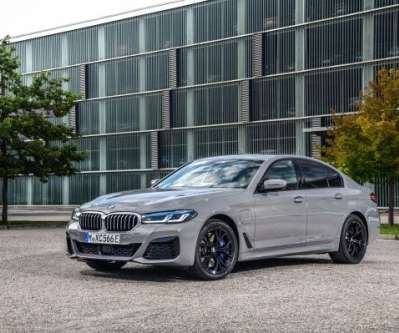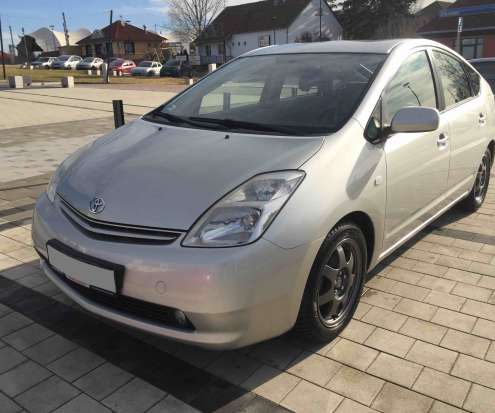Achates showcases 2.7L, 3-cylinder opposed piston gasoline compression ignition engine in F-150; estimated 37 mpg combined
Green Car Congress
JANUARY 18, 2018
liter Opposed-Piston Gasoline Compression Ignition (OPGCI) engine. Fabien Redon, Vice President, Technology Development at Achates, said they estimate that the OPGCI pickup will achieve 37 mpg (6.35 The OP engine produces 270 hp and 480 lb-ft (651 N·m). Earlier post.). A comparison between the 2.7L








































Let's personalize your content